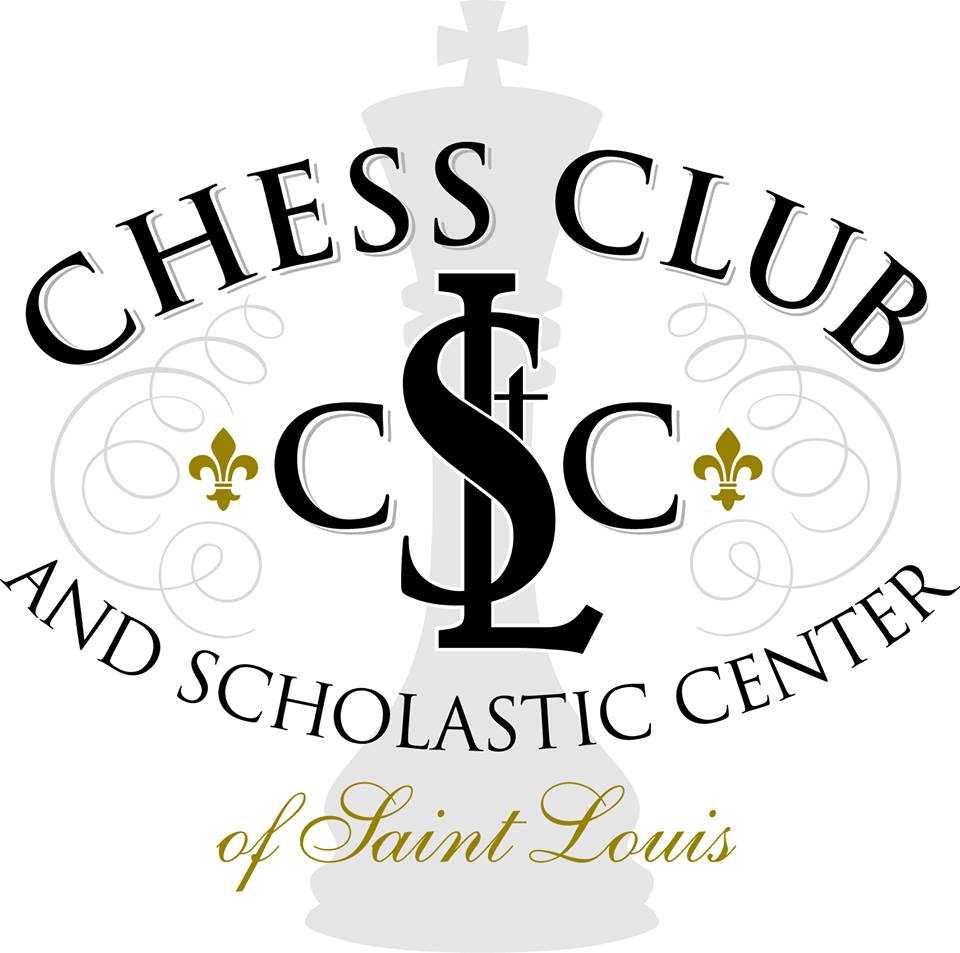
There are a variety of reasons why learning to play chess may benefit students with special needs. The skills that students learn playing chess, like concentration and decision-making strategies, may transfer to academic subjects like mathematics.
Recently, there have been significant changes in the way that math is taught. Math instruction has shifted beyond the memorization of facts and quick computational skills to more of a focus on the conceptual understanding of mathematical processes and multiple strategies for problem-solving. These are skills that are promoted for improving the math abilities of all students, including students with learning disabilities. In this revised framework, proficient math students are able to make sense of problems and persevere through solutions, reason abstractly and quantitatively, construct arguments and critique the reasoning of others, use math to solve problems in everyday life, use appropriate tools to solve problems, communicate precisely, discern patterns and structure, and employ general methods for calculations that repeat.
Chess can provide an alternative educational teaching strategy to assist students with special needs become familiar with mathematical concepts and practices.
There are a couple of studies that examine the potential benefits of chess for students with special needs. In one study, special education classes in Germany were randomly assigned to have one day of math instruction replaced with chess instruction for a school year or continue with five days of typical math instruction. The researchers assessed students in the treatment and control groups before and after the intervention in the areas of mathematics calculation and concentration abilities. At the end of the year, the two groups did not differ in concentration or written mathematical tasks. However, in the areas of counting and calculation tests, the students who participated in the chess program performed better.
In a second study, researchers implemented a 30-week instructional chess program into the curriculum of a self-contained special education math class for 6th, 7th, and 8th grade students in Texas. Students received chess instruction once per week as part of their regular math coursework. In all, there were 31 participants in this study split between two campuses. The comparison campus consisted of 16 students and the treatment campus had 15 students. The researchers examined students’ math performance as measured by final course grades and the Texas Assessment of Knowledge and Skills (TAKS) with a particular focus on the following objectives: “Numbers, operation, and quantitative reasoning”, “Patterns, relationships, and algebraic reasoning”, “Geometry and spatial reasoning”, “Concepts and uses of measurement”, “Probability and statistics”, and “Underlying processes and mathematical tools.” Student test scores from the prior school year provided baseline scores against which researchers could compare their chess-infused math assessment performance. At the end of the 30-week program, results showed that there were significant differences between the two groups in terms of their final course grades for their resource math class. Students who were exposed to chess in their math class scored an average of eight points higher than their peers, a difference of nearly an entire letter grade. Similar results were found for the students’ scaled TAKS scores.
The researchers of the study in Texas state that “[chess] is a tactile, activity-oriented endeavor that promotes critical thinking and lends itself to self-directed learning.” The results from the two studies examining the impact of learning chess on student outcomes in math suggest that chess may be a useful learning aid for students with special needs.


